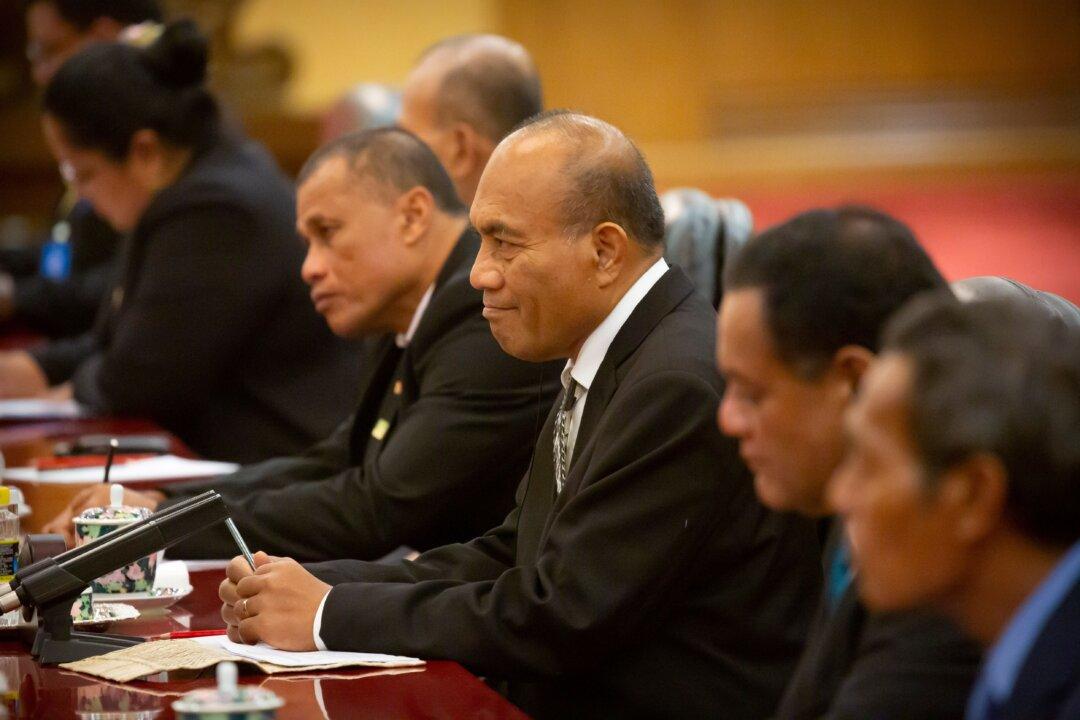The surprise withdrawal of Kiribati from the Pacific Islands Forum has dealt a heavy blow to the regional body—the peak intergovernmental organisation in the region.
The move comes amid ongoing dissatisfaction from Micronesian countries in the Forum, a festering issue that has erupted amid Beijing’s ongoing influence in the region.





